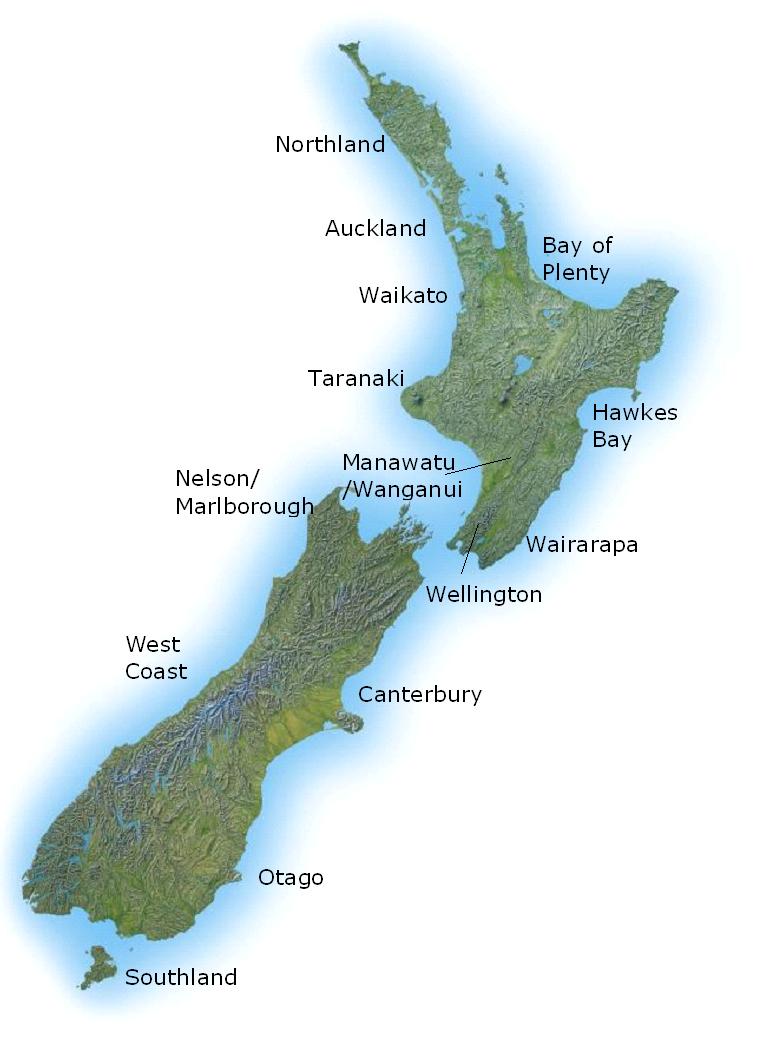Not all housing markets are created equal. Put simply, areas which don’t have healthy local economies supported by growing populations are not a good bet to invest in.
Earlier this year, BNZ chief economist Tony Alexander even warned that buying low priced properties in areas which have rapidly declining populations is a bad idea.
To this end, the Infometrics Regional Hotspots 2016 report identifies the key areas in New Zealand which are primed for population growth over the next decade.
Infometrics chief forecaster Gareth Keirnan said that with population growth of 2.1% per annum, and running at its fastest rate since the mid-1970s, almost all of New Zealand has had a bit of a “hotspot” feeling to it this year.
But the hotspots identified in the report are not looking at run-of-the-mill population growth over the next five to 10 years, he said.
“In many cases, these locations are faced with rapid expansion because they are areas for development that have been targeted by local councils as planners try to facilitate urban growth to match their city or town’s popularity.”
Not surprisingly, the 10 hotspots highlighted in the report are concentrated around the country’s main metropolitan centres.
This reflects the highly urbanised nature of New Zealand’s population and the greater density of potential new markets offered by these growth areas.
Kiernan said that, given this framework, limiting Auckland to just four hotspots seems a little unfair when the entire region is creaking under the weight of rapid population growth and an undersupply of housing.
“But the four areas we have chosen to showcase within Auckland look set to be the standouts for the region, even if affordability issues and stresses around infrastructure provision do end up constraining the wider region’s ability to grow over the medium term.”
It is worth noting that although Hobsonville has the fastest expected rate of population growth, the number of people within the Beachlands-Drury area is predicted to lift by almost 25,000 between 2013 and 2023, he said.
This means that the south Auckland hotspot will have the biggest absolute population increase over that ten-year period.
All of the hotspots identified are set to experience growth of the type that requires not just the building of lots of new houses, but significant infrastructure, business and economic development within the area.
Infometrics top 10 hotspots for future growth are:
1. Hobsonville: 254%
2. Southwest Christchurch: 105%
3. Central Christchurch: 83%
4. Papamoa: 74%
5. North Hamilton: 70%
6. Beachlands / Drury: 54%
7. Orewa / Albany: 53%
8. Central Auckland: 47%
9. Central Otago: 29%
10. Central Wellington: 25%
Top provincial possibilities: Marsden Point / Ruakaka (Whangarei); Bell Block (New Plymouth); Kelvin Grove (Palmerston North).





 Search
Search
